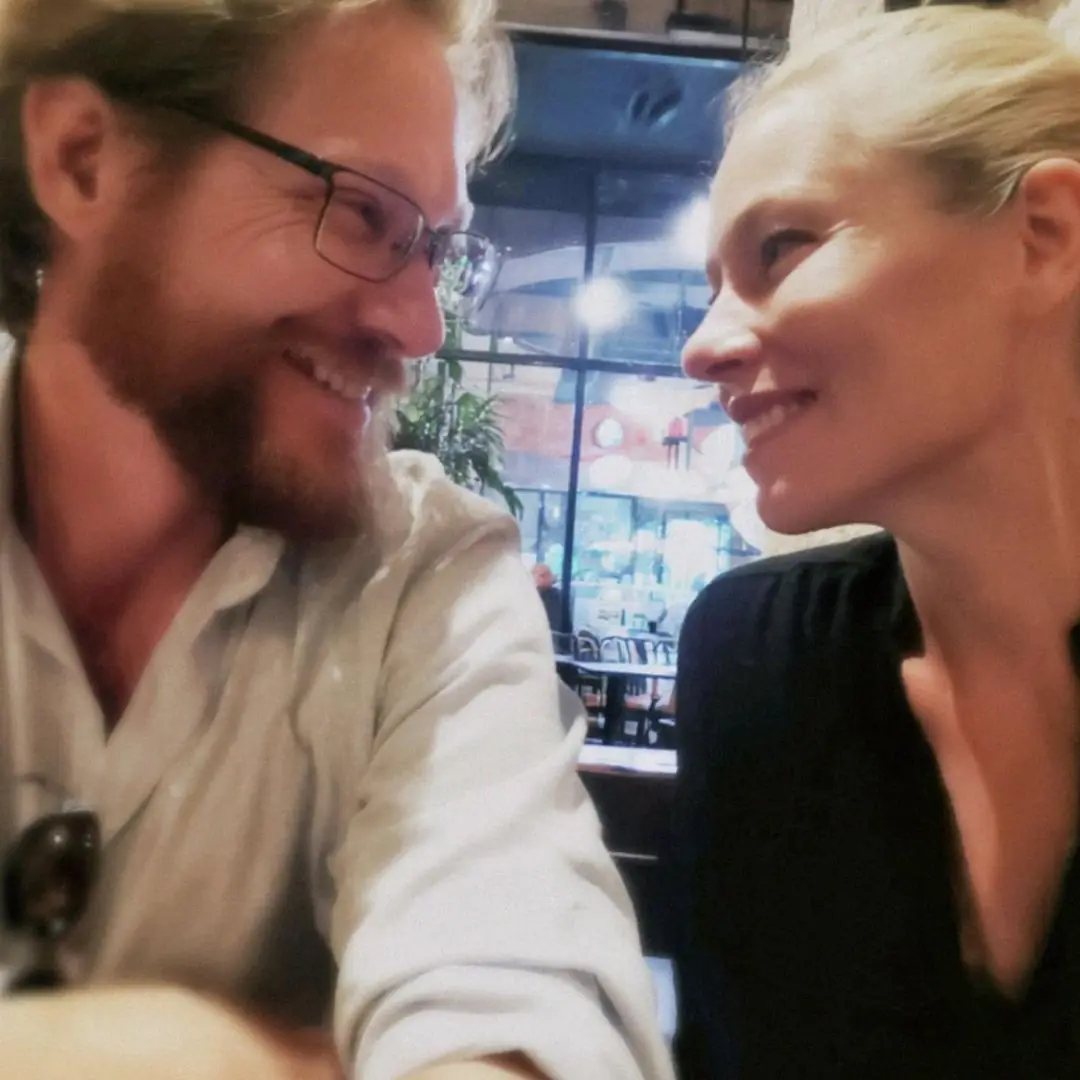
She flagged down the one man everyone else would run from, because the real monster chasing her wore a suit
She flagged down the one man everyone else would run from, because the real monster chasing her wore a suit.
She didn’t scream or cry for help. She just held out a sketchbook with a drawing that would make him face a devil worse than his own.
The heat was a hammer, and the Arizona blacktop was the anvil. For three days, I’d been riding east, trying to outrun the ghosts that whisper in the whine of an engine at ninety miles an hour. They never get left behind. They just learn to keep pace.
That’s when I saw her.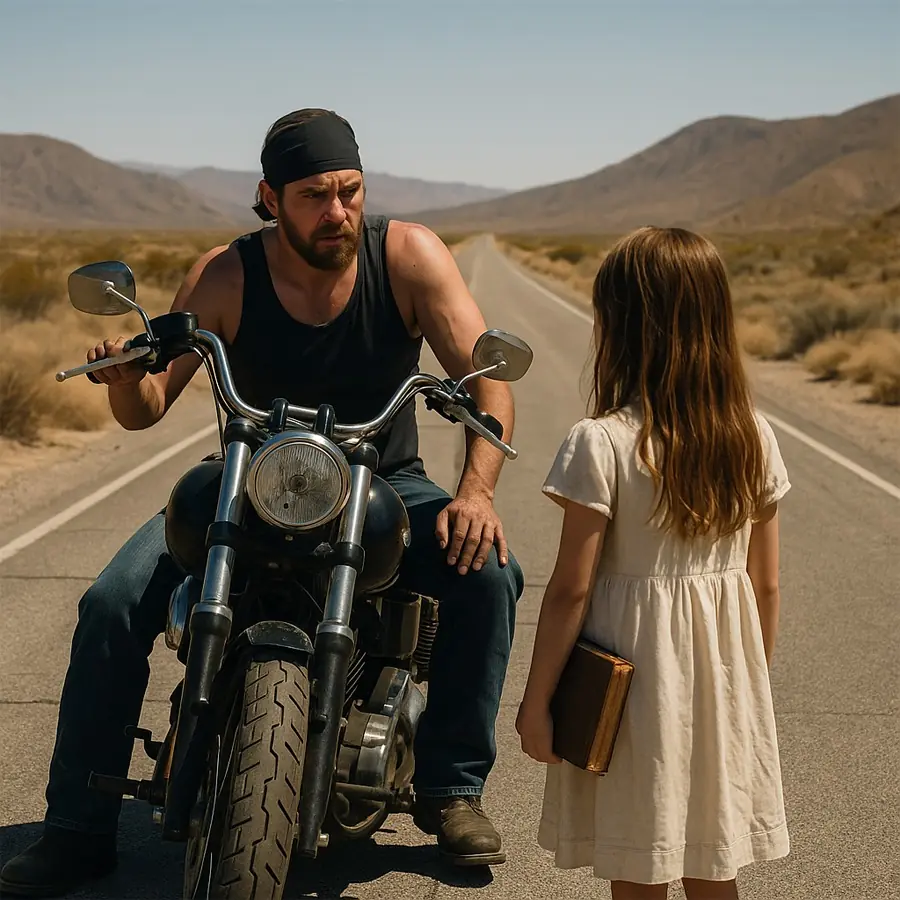
Not on the side of the road, not at a gas station. She was standing in the middle of it, a shimmering mirage of a girl in the relentless sun. I squeezed the brakes, my Harley fishtailing on the scorching asphalt, stopping just feet from her. She didn’t flinch.
She couldn’t have been more than eleven. Her feet were bare, and she wore a pale blue gown that looked like it belonged in a hospital room, not on Route 66. Her eyes, though, were ancient. They weren’t pleading for help. They were demanding it.
Without a word, she walked to me and held up a spiral-bound sketchbook.
The drawing was done in charcoal, stark and brutal. It showed a man in a crisp suit, smiling a movie-star smile, holding a syringe. A woman with the girl’s same dark hair lay on a bed, her eyes wide with a silent scream. Underneath, the girl had drawn a single, perfect teardrop on the woman’s cheek.
“He’s coming,” she whispered, her voice raspy from the dust. “Please.”
A sleek, black Tesla crested the hill behind her, silent as a shark. The man who stepped out matched the drawing perfectly. He was handsome, dressed in expensive clothes, radiating the kind of calm authority that makes people trust him instantly.
“Thank God,” he said, his voice smooth as honey. “Lily, honey, come on back. You gave us all such a scare.” He looked at me, his smile practiced and reassuring. “I’m Dr. Alistair Finch. She’s my patient. Her mother just passed… a tragic accident. The trauma has caused a severe disassociative episode. I’m so sorry she bothered you.”
He had papers in his hand. Official-looking documents. Everything about him screamed ‘respectable.’ But the girl—Lily—pressed herself against my bike’s hot engine, a low whimper escaping her lips. Her terror was the most real thing in that desert. It was the same terror I’d seen in the eyes of a child in Kandahar, moments before the world exploded. An instinct I’d ignored once and paid for every day since.
I looked from the doctor’s polished shoes to the girl’s bleeding feet.
“Don’t know what you’re talking about,” I said, my voice flat. “Haven’t seen any kids. Just the sun playing tricks.”
Dr. Finch’s smile tightened at the edges. “I have her GPS tracker. Her bracelet. It says she’s right here. Don’t make this difficult.”
“Then your expensive gadget must be broken,” I said, nodding down the empty road. “Maybe check that diner ten miles back.”
That’s when I saw his hand twitch, reaching inside his jacket. My own hand rested on the throttle. In one motion, I pulled Lily onto the seat behind me, her small arms locking around my waist like a vice.
“Get on my bike right now and I’ll call the state police,” Finch warned, his voice losing its charm and gaining a sharp, cold edge.
“You do that,” I growled, and twisted the throttle. The Harley roared, kicking up a cloud of dust and sand that momentarily engulfed the black Tesla. We didn’t just ride away. We fled.
An hour later, my phone buzzed with a notification I’d never seen before. An Amber Alert. My face, pulled from a gas station security camera, was plastered next to a school photo of Lily. The text read: Abducted by armed and dangerous male, believed to be suffering from mental instability. Do not approach.
He hadn’t just called the police. He’d turned the entire state against me. I was no longer a stranger helping a kid. I was the monster.
We spent the next two days as ghosts, slipping through the cracks of the American Southwest. I taught her how to pay in cash, how to avoid cameras, how to look forgettable. She communicated through her sketchbook. She drew the pills, countless bottles of them. She drew her mother, first vibrant and smiling, then pale and lost, a ghost in her own home. She drew Dr. Finch, always smiling, always with a new prescription pad in his hand.
The story unfolded without a single word. Her mom had sought help for anxiety. Dr. Finch, a celebrated specialist, had become her lifeline, then her dealer in a lab coat. He’d drowned her in a sea of opioids until she couldn’t breathe. Lily had been the only witness to the final, fatal dose—the one he called “a mercy.”
On the second night, in a cheap motel room that smelled of stale smoke and despair, my own demons came for me. The walls started closing in, the air thick with the scent of sand and blood from a place half a world away. I slid to the floor, my back against the bed, gasping for air as the ghosts of fallen soldiers whispered my failures.
I didn’t hear Lily get up. I just felt a small, warm hand on my shoulder. It wasn’t a gesture of pity. It was an anchor. I looked up and saw her sitting beside me, her ancient eyes holding mine. She’d pushed her sketchbook towards me. On the new page was a drawing of a man in army fatigues with a red cross on his arm, kneeling beside a fallen comrade, tears streaming down his face. She understood.
We were cornered in a forgotten town on the edge of the Navajo Nation. A local cop with hero ambitions recognized us from the news. We abandoned the bike and took refuge in an old, sun-bleached church, the stained-glass windows blasted out by decades of sandstorms. The howl of sirens closed in.
They surrounded the place. Through a cracked window, I saw him—Dr. Finch, standing with the sheriff, directing the show. He was the picture of a concerned guardian, the hero of this story.
My phone had one bar of service. I had one call. I didn’t call for backup. I called for the truth. Her name was Sarah Jenkins, a war correspondent I’d pulled from a crushed Humvee years ago. A woman who owed me nothing, but who had built her career on exposing lies.
“Sarah, it’s Jed,” I said, my voice low. “I’m in a church in Red Mesa, Arizona. The whole state thinks I’m a kidnapper. I’m with a little girl named Lily. Her mother was murdered by a Dr. Alistair Finch. He’s outside right now with the cops. The proof is in a child’s sketchbook. I don’t have time. Just… investigate him. Please.”
I hung up before she could answer.
A loudspeaker crackled to life. It was Finch’s voice, oozing with false sympathy. “Jed, that’s your name, right? It’s over. Let Lily go. You’re sick. You need help. We can get you help.”
Lily was huddled in a pew, clutching her sketchbook to her chest. She wasn’t crying. She was watching me, her trust absolute. And in that moment, I knew I’d rather die in that dusty church than let him take her.
We waited. The sun began to set, painting the broken windows in hues of blood and fire. The tension was a living thing, ready to snap.
Then, something changed. I saw the sheriff’s phone light up. Then another officer’s. A low murmur spread through the cordon of police cars. The sheriff looked from his phone to Dr. Finch, his expression shifting from confidence to confusion, then to dawning suspicion.
Through the broken window, I saw a state police cruiser arrive, followed by two black SUVs with federal plates. They weren’t here for me.
Sarah Jenkins hadn’t just investigated. She had unleashed a firestorm. Her emergency online feature, titled “The Saint of Scottsdale,” had just gone live, connecting Dr. Finch to a dozen other suspicious patient deaths, a pattern of over-prescription, and millions in kickbacks from pharmaceutical companies. My call had been the final piece she needed.
When the church doors finally opened, it wasn’t me they put in handcuffs.
Six months later, I rode my recovered Harley down a quiet suburban street in Colorado. Lily was living with her aunt. I found her sitting on the front porch, sketching in a new book. She looked up and gave me a real smile, the first one I’d ever seen. It lit up the world.
She didn’t say thank you. She didn’t have to. She just turned her sketchbook to the last page.
It was a drawing of the two of us on the Harley. But we weren’t running through the dark desert anymore. We were riding towards a brilliant, rising sun.
“You were a medic in the army,” she said, her voice clear and steady now. “You save people.” She looked me right in the eye. “You saved me, Jed.”
I ruffled her hair, a lump forming in my throat. I’d spent years running from the memory of the lives I couldn’t save. But this small, brave girl with a charcoal pencil had forced me to turn and face the monster. In saving her, I’d finally found a way to start saving myself.
As I rode away, the engine a steady, peaceful hum, I realized the truth. I might have been the one driving, but that little girl in the desert, with her fierce eyes and her book of truths—she’d been my shepherd, too.
News in the same category

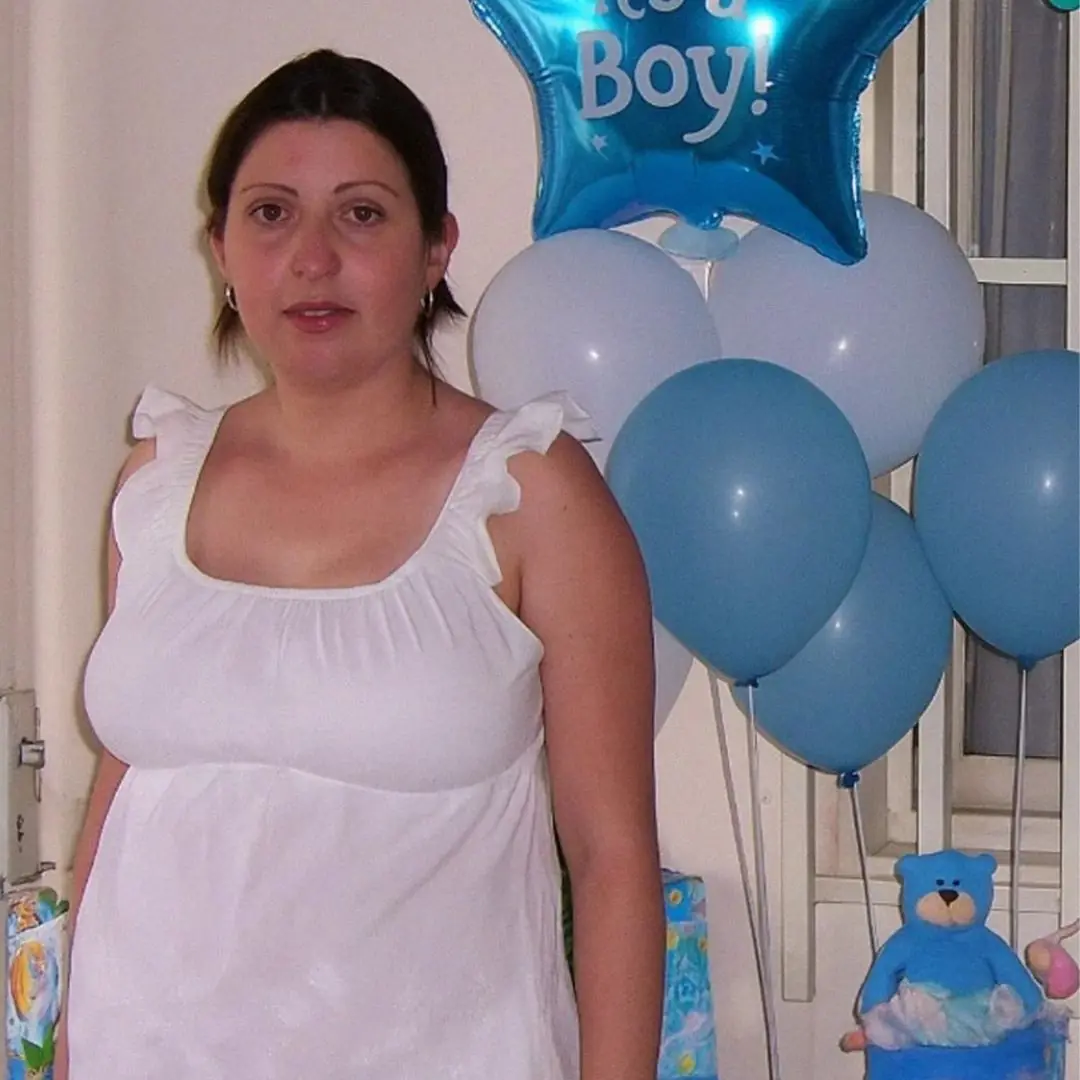
His Female Best Friend Claimed My Baby Shower as Her Event — I Reminded Her of Her Place in Our Lives
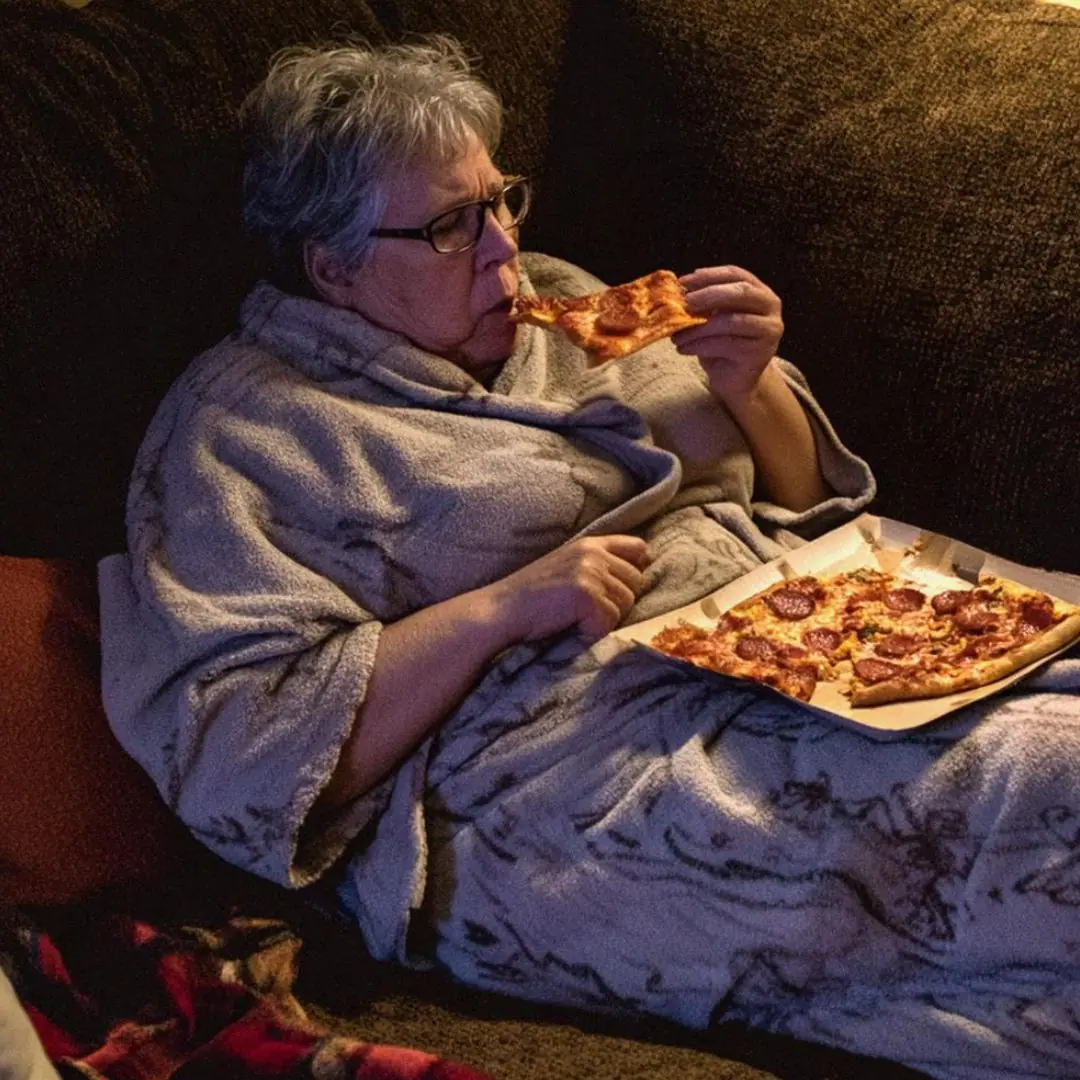
My MIL Took Over Our Home and Wouldn’t Let Me Rest — I Reached My Limit and Taught Her a Hard Lesson
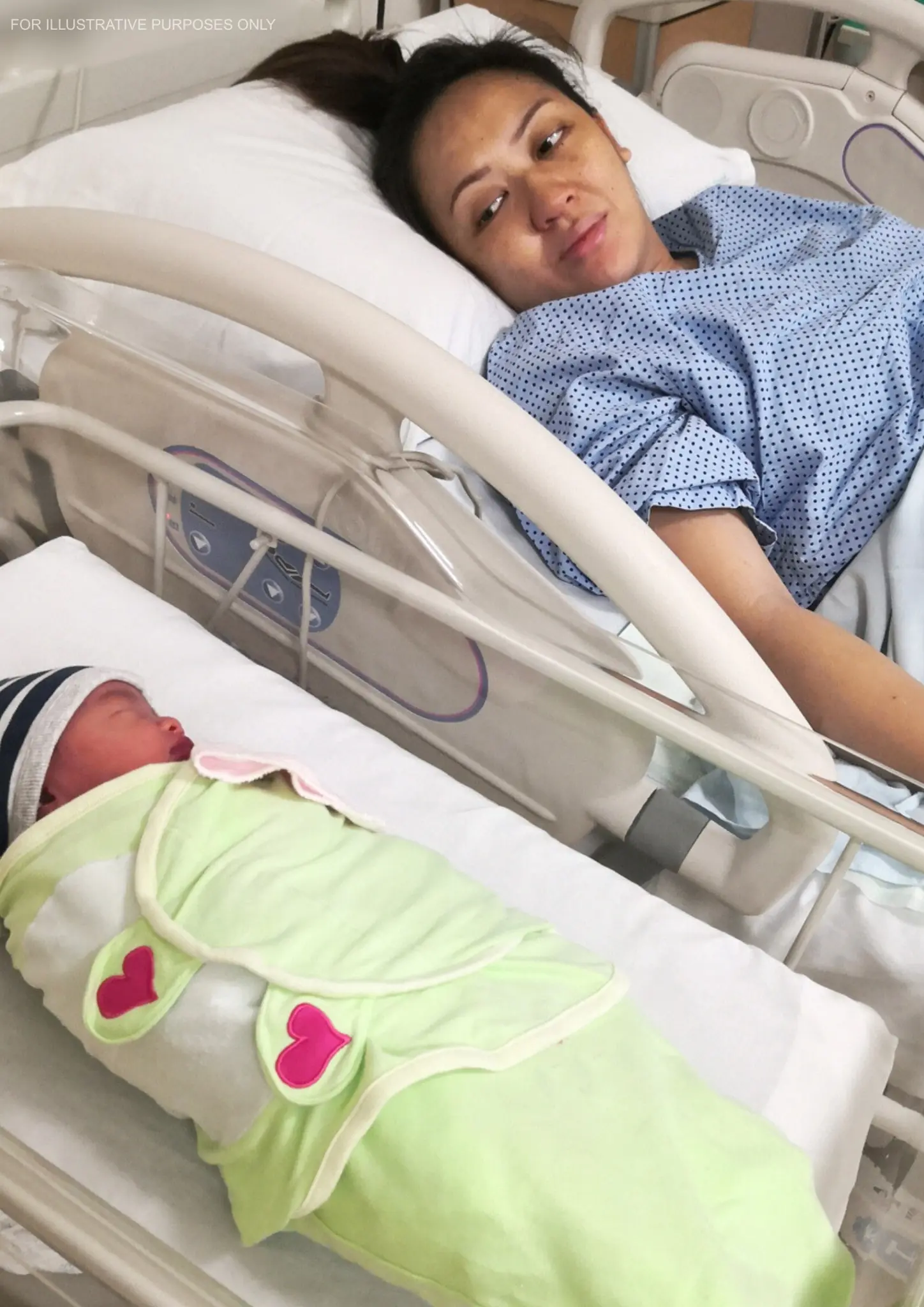
My Sister Named Her Son the Same as Mine! I Didn't Understand Why Until Our Mother's Will Was Read
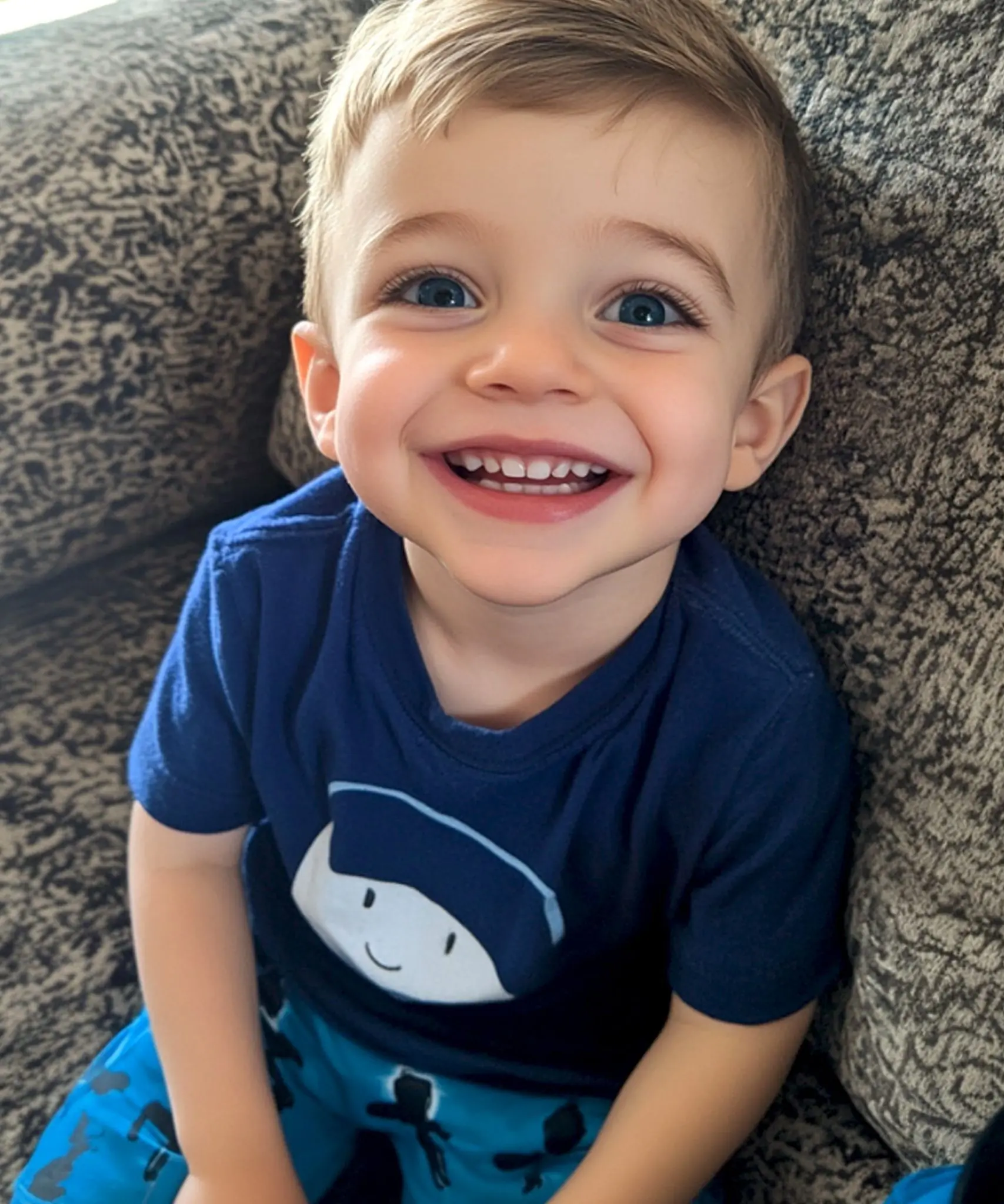
We Adopted a 3-Year-Old Boy - When My Husband Went to Bathe Him for the First Time, He Shouted, 'We Must Return Him!'
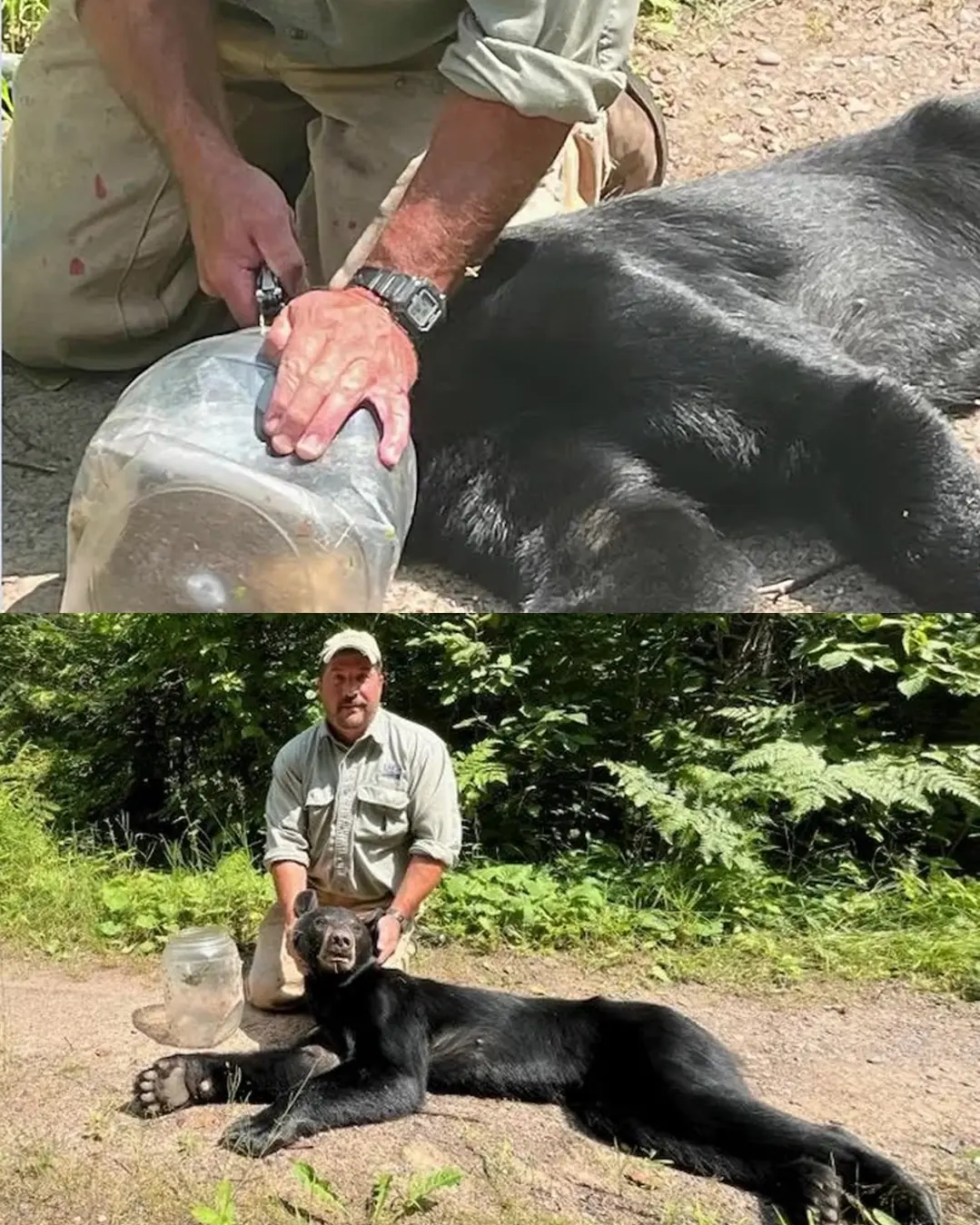
70-Pound Female Bear Rescued After Spending 12 Days with Her Head Trapped in a Jar
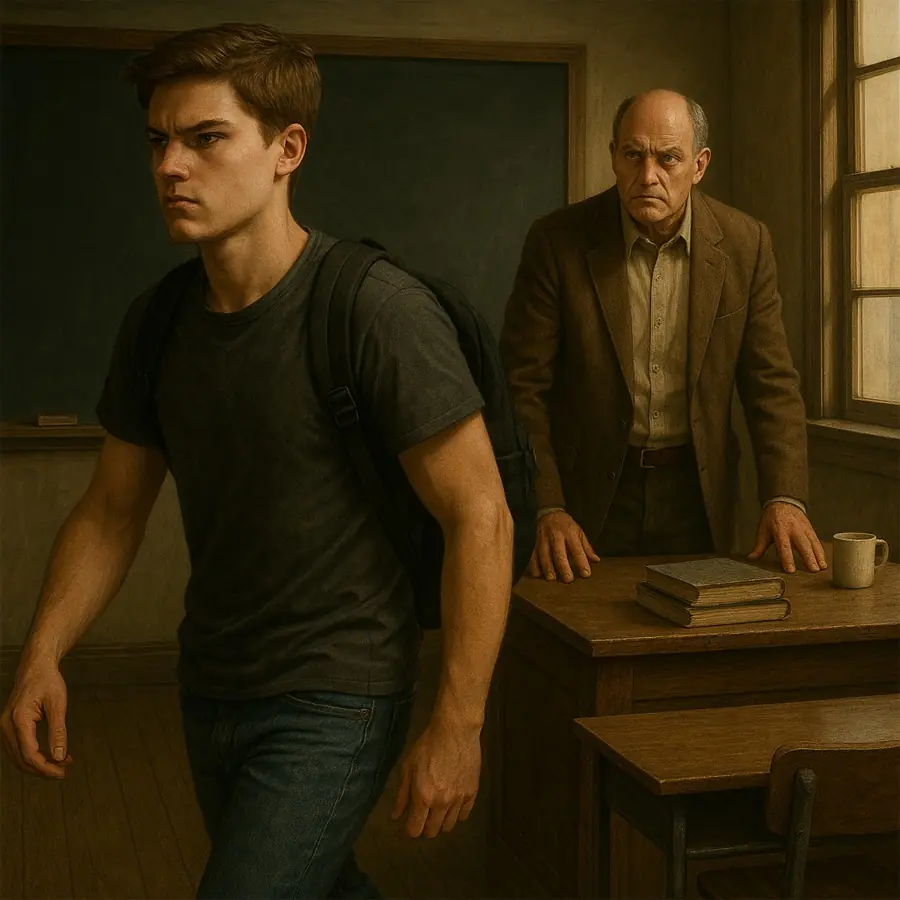
The last words I ever heard in my classroom, after forty-two years of chalk dust and scraped knees, were “Whatever, old man.”
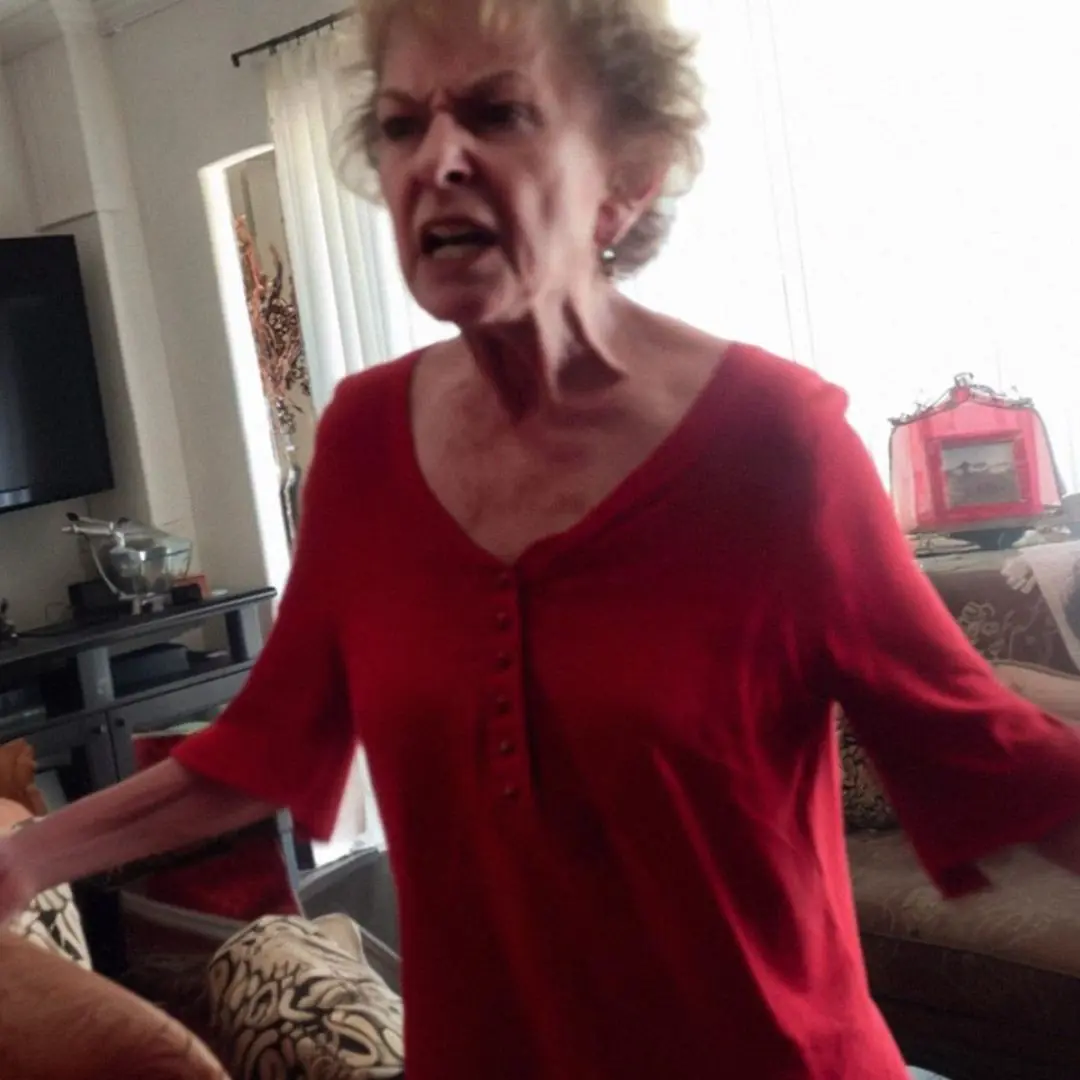
My MIL Humiliated Me Over Not Having a Son — But She Didn’t Know Who Was Listening
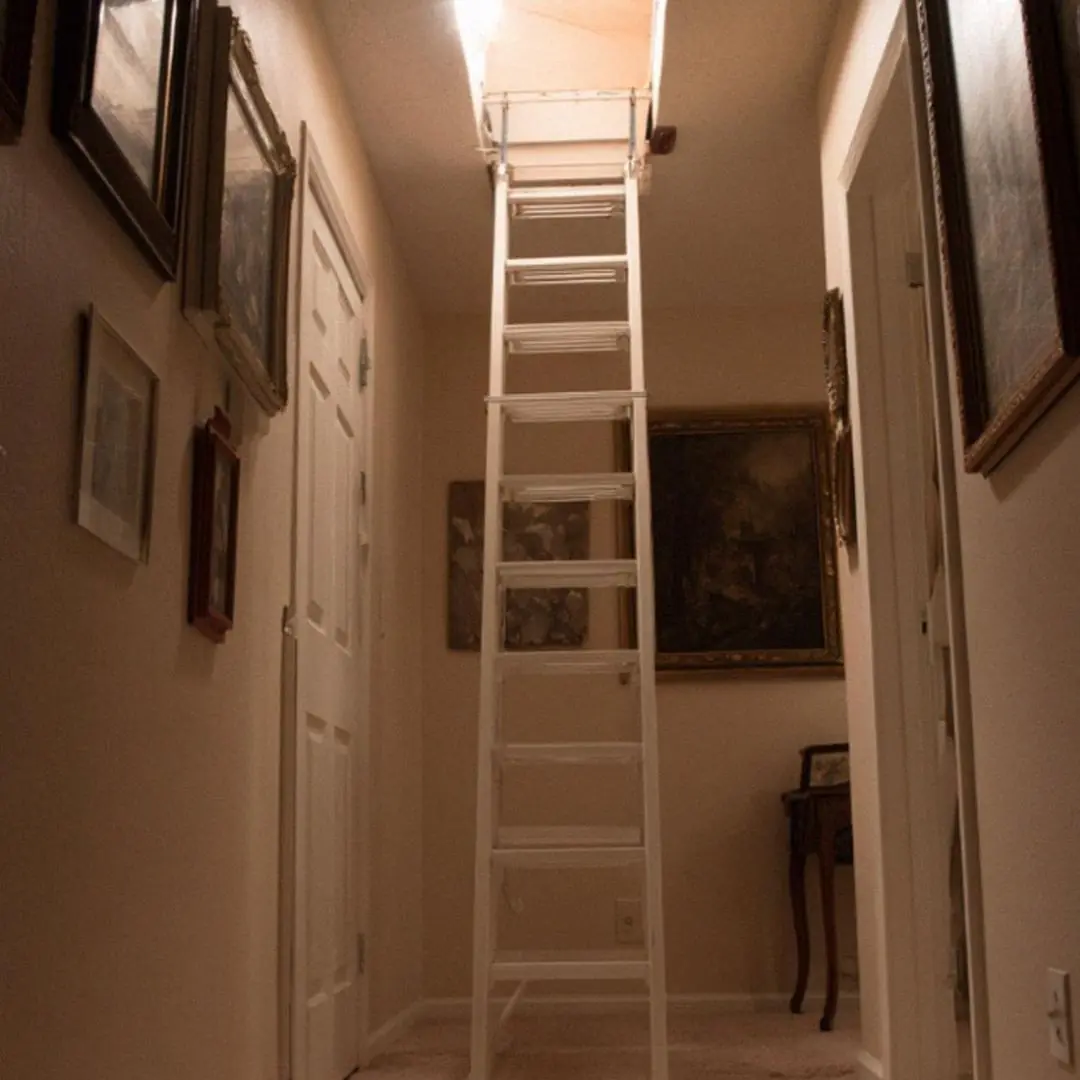
I Returned Home for My Tablet and Found the Attic Ladder Pulled Down – Then I Heard Someone Tell My Son, 'Put This in Mom's Bag'
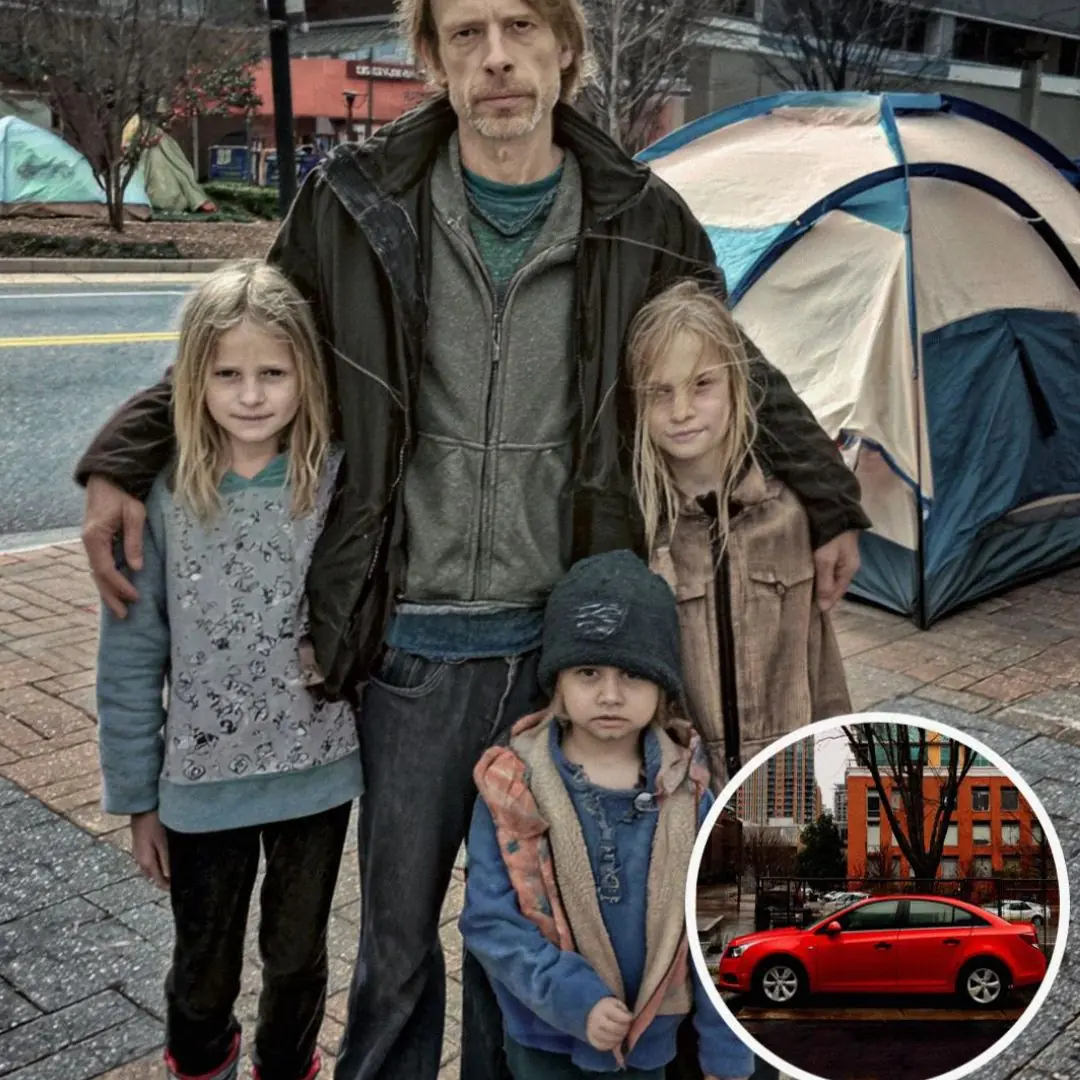
I Gave My Last $3 to a Stranger at a Gas Station and Woke up Owning a Business Empire
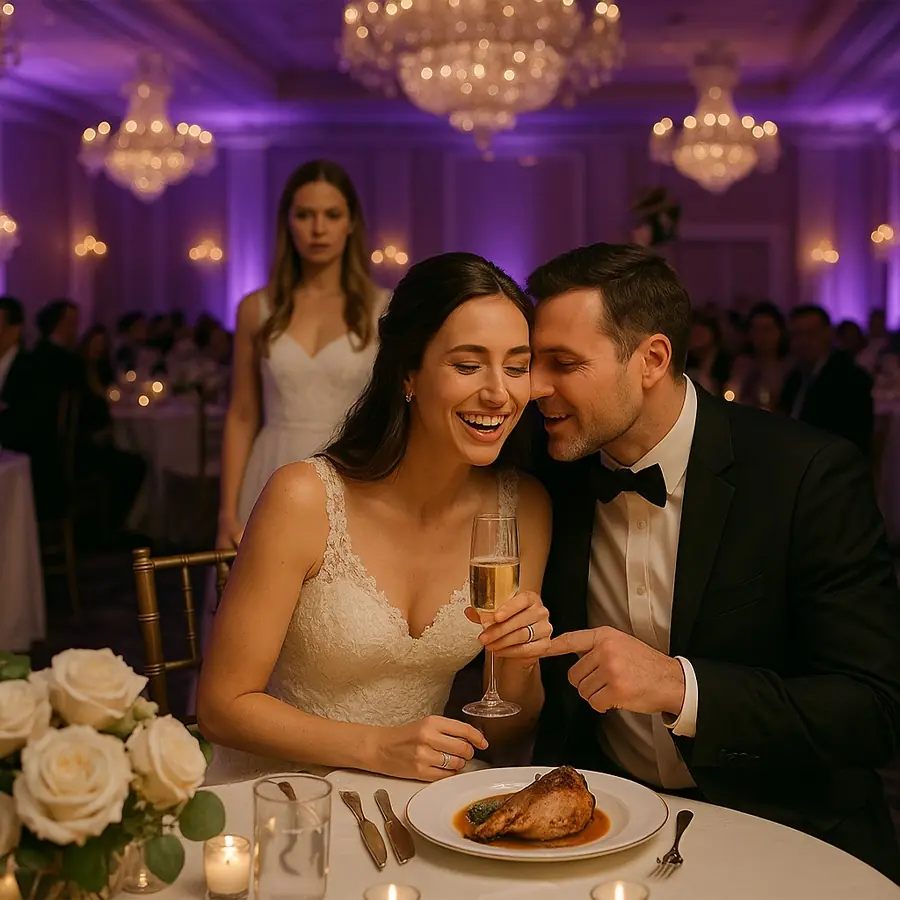
The wedding hall sparkled, but all I could focus on was the table number in my hand
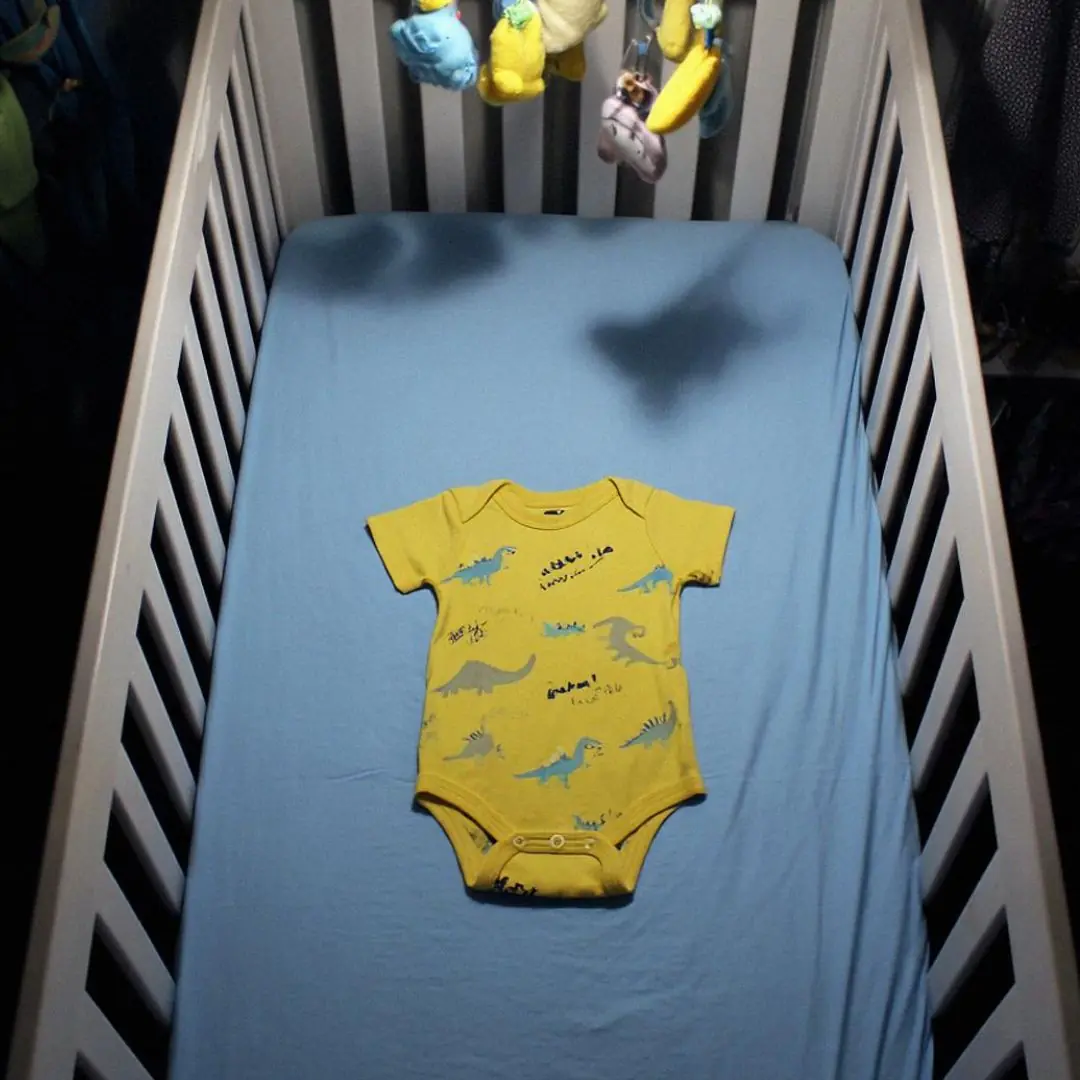
My Heart Sank When I Found a Onesie Lying in the Crib Instead of My Baby – Until My Gaze Fell on a Cufflink on the Floor Engraved with Initials
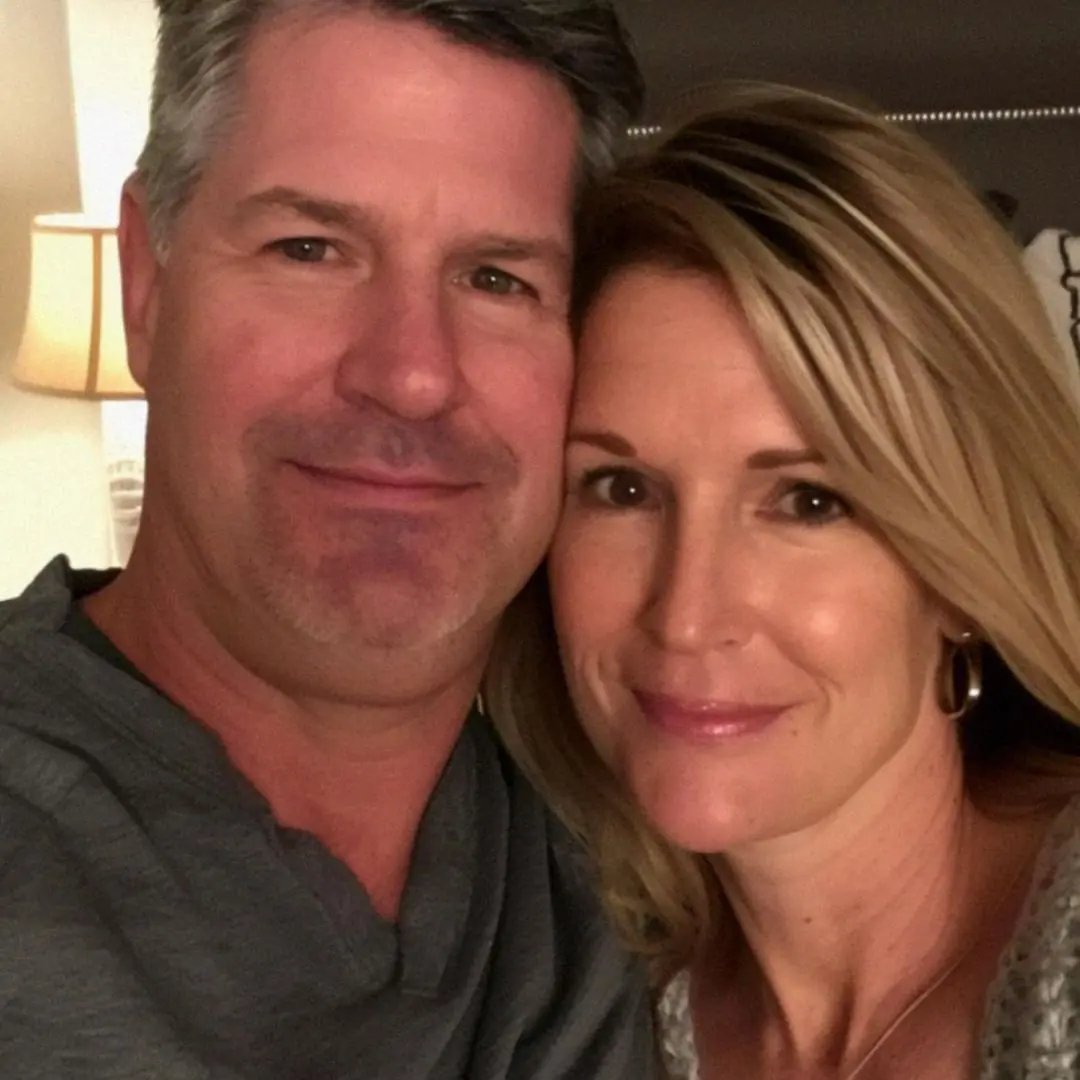
My In-Laws Refused to Come for Thanksgiving but Sent Us a 'Gift' – When My Husband Opened It, He Screamed, 'We Have to Drive to Their Home Now!'

My Adult Stepdaughter Left Trash Around My House and Treated Me Like a Maid — So I Taught Her a Lesson
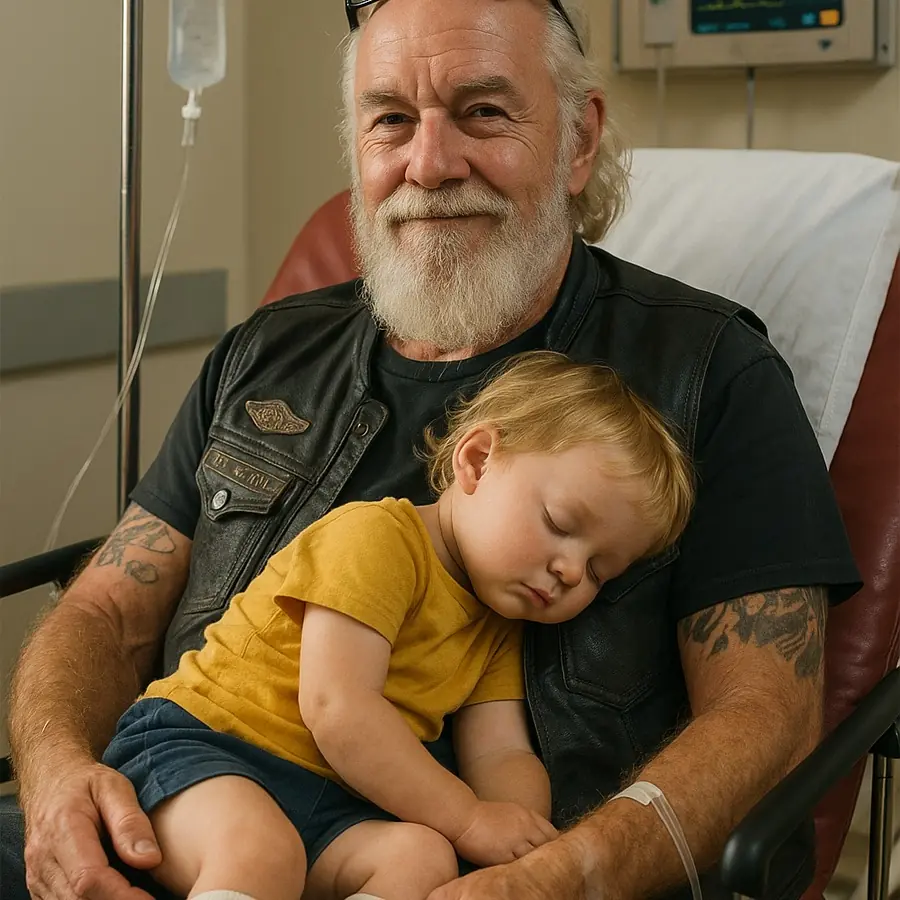
The bikers were there for their brother’s final chemotherapy when the toddler’s screams echoed through the oncology ward and wouldn’t stop
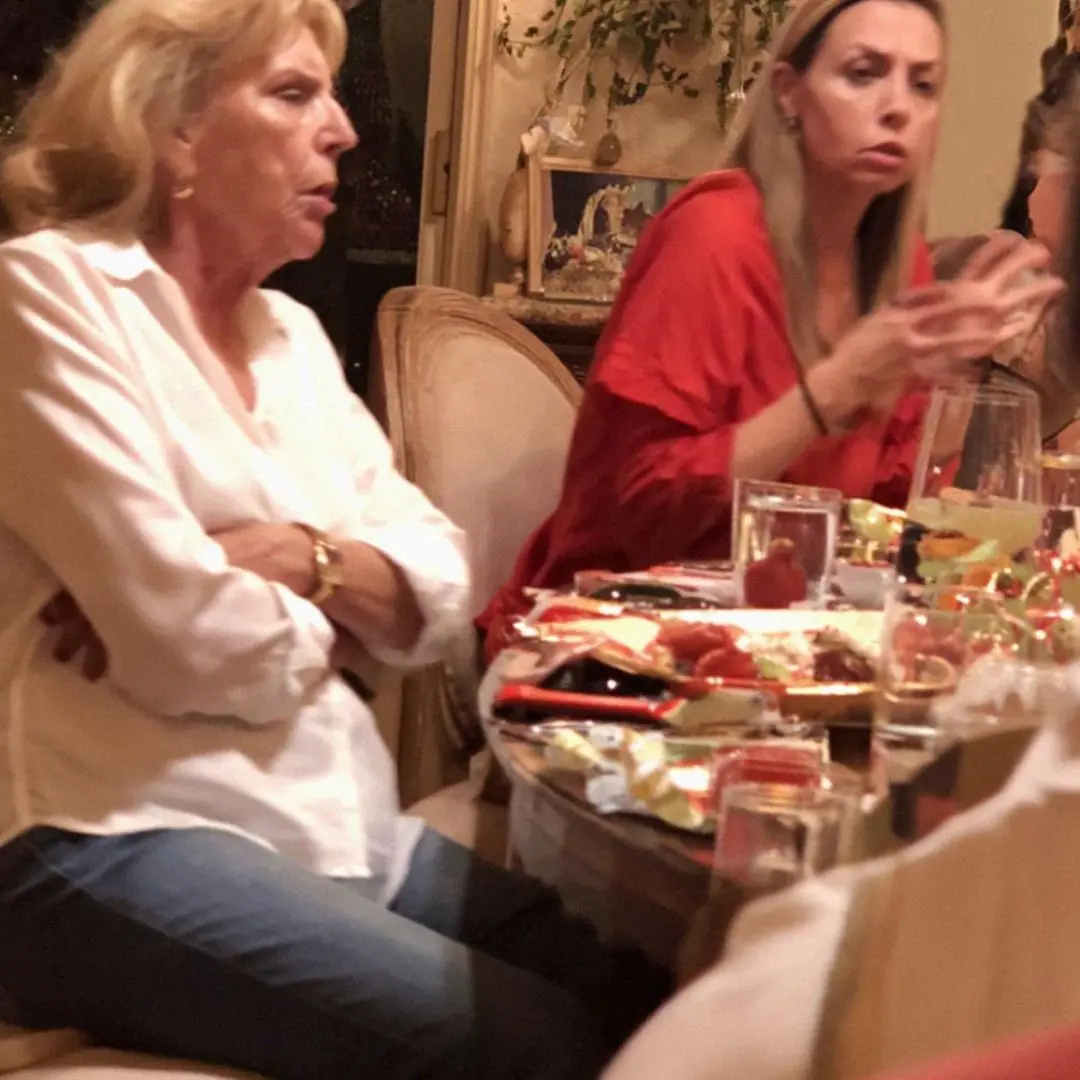
My Stepmom Wanted Me to Stop Wearing the Pendant My Late Mother Gave Me Because It Was Cheap – But Karma Had Other Plans
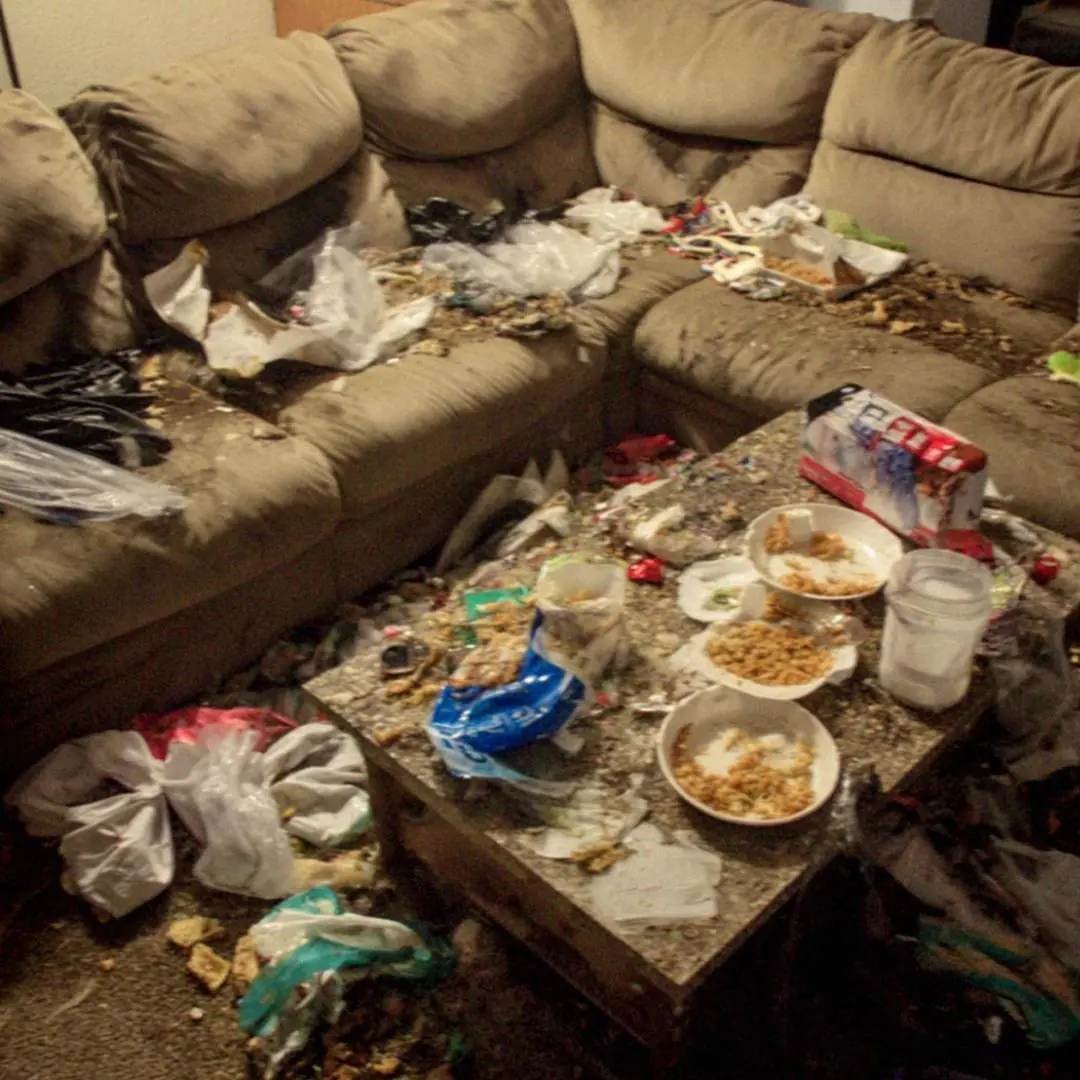
My Sister Borrowed My House to Celebrate Her Son's 7th Birthday – After What She Did to My House, I Cut off Our Relationship
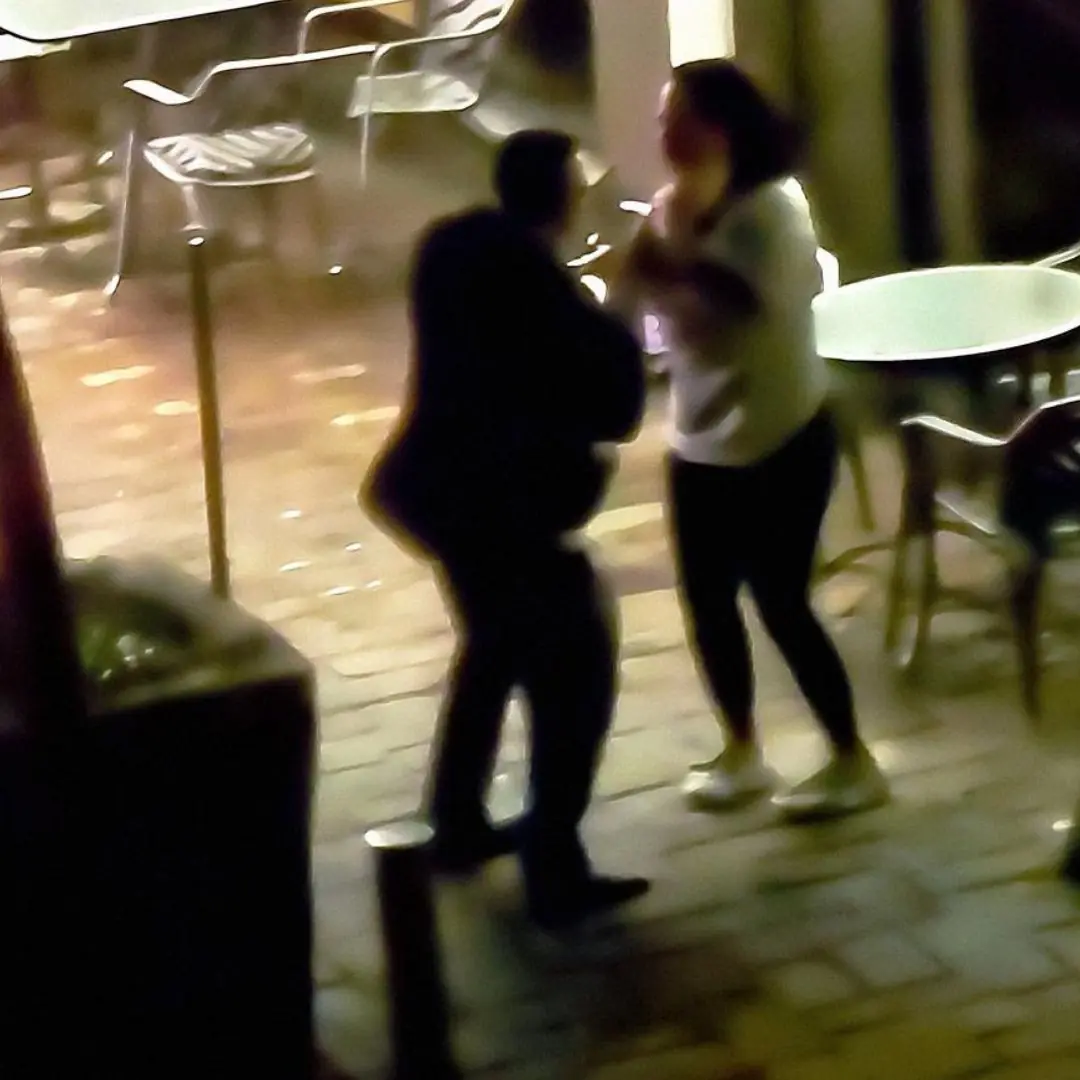
I Found Out Why My Husband Left Me and It Wasn't for Another Woman
News Post
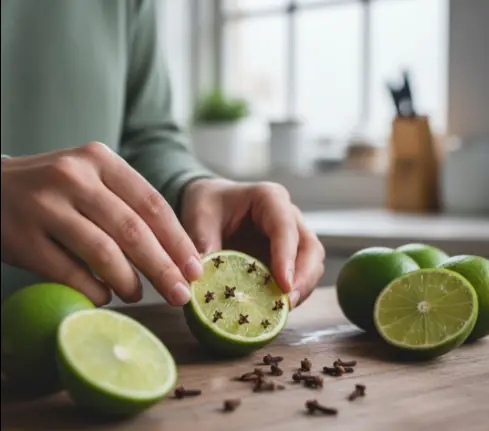
Put this thing in a lemon and put it in the corner of the house
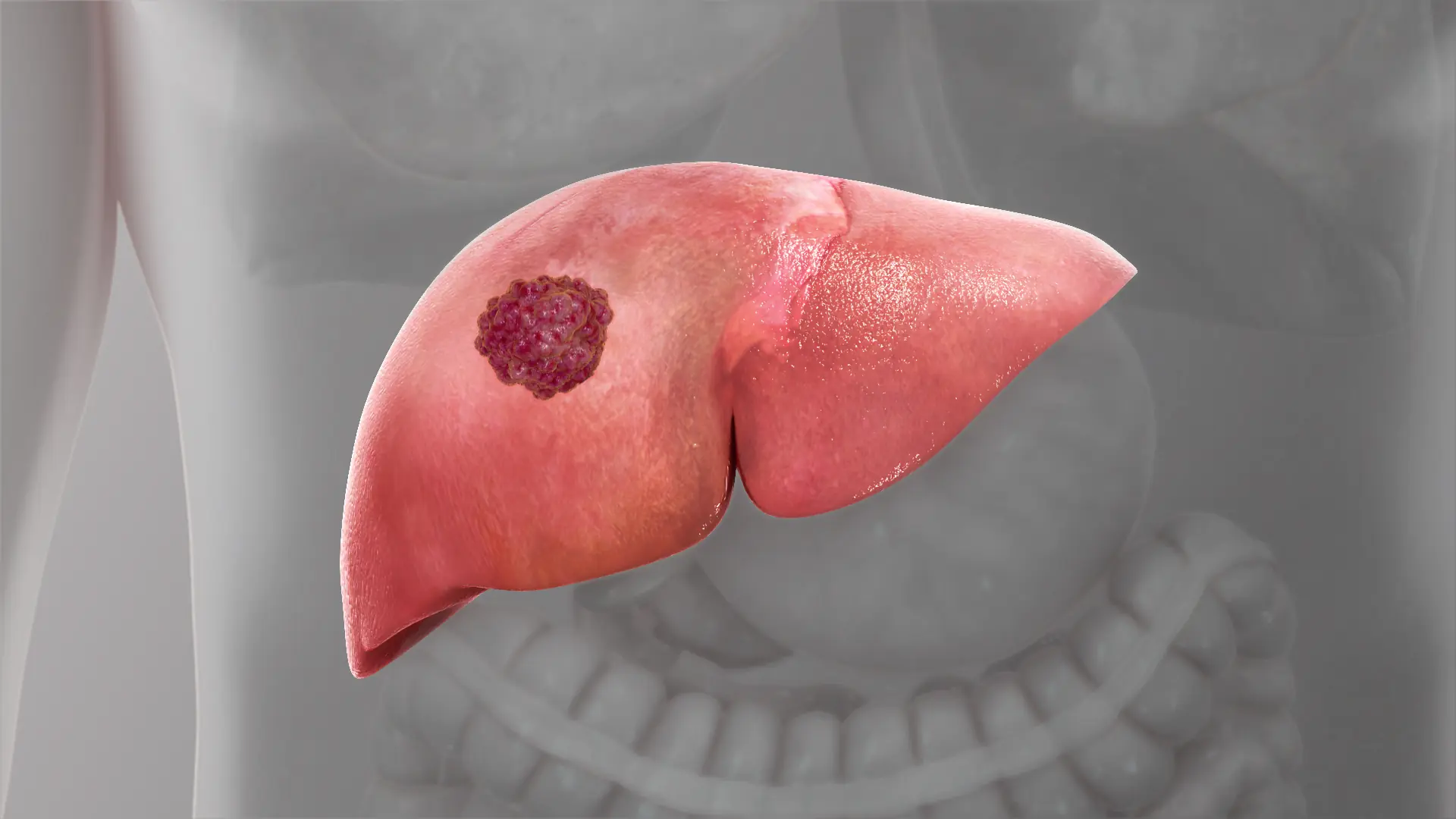
The 6 Earliest Symptoms of Liv.er Can.cer Most People Overlook
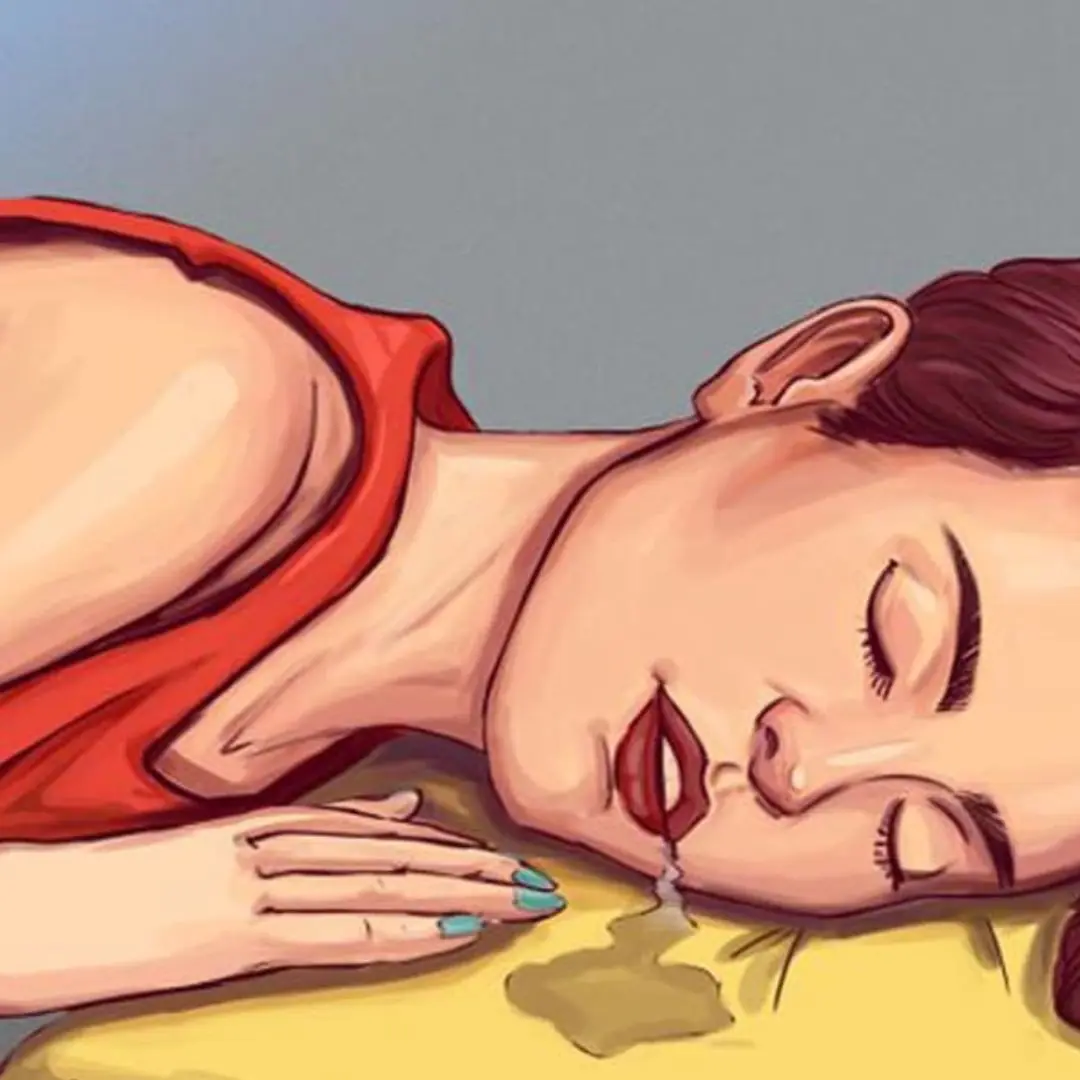
Too Much Saliva in Your Mouth? It Could Be a Warning of Health Issues

Strange but True: Europe Now Demands That Sausages and Burgers Must Contain Meat — Here’s Why
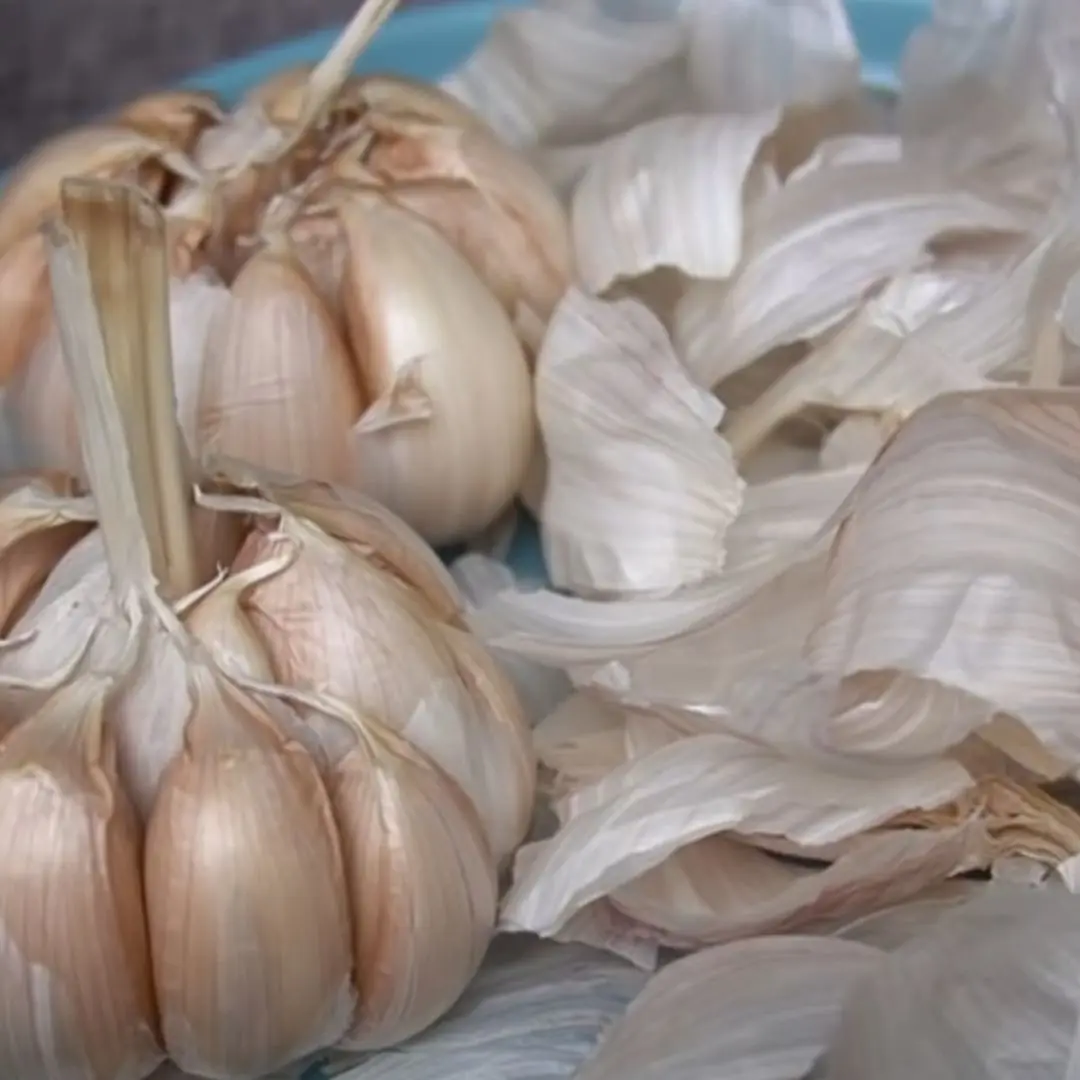
The surprising benefits of garlic skins: Many people regret not knowing sooner
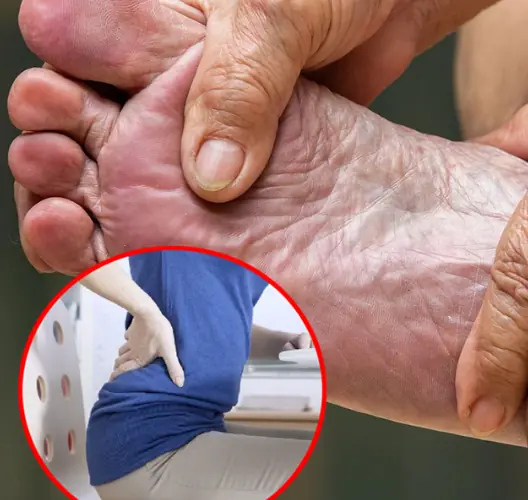
6 types pa.in you shouldn’t ignore

The benefits of carrot and lemon for skin health
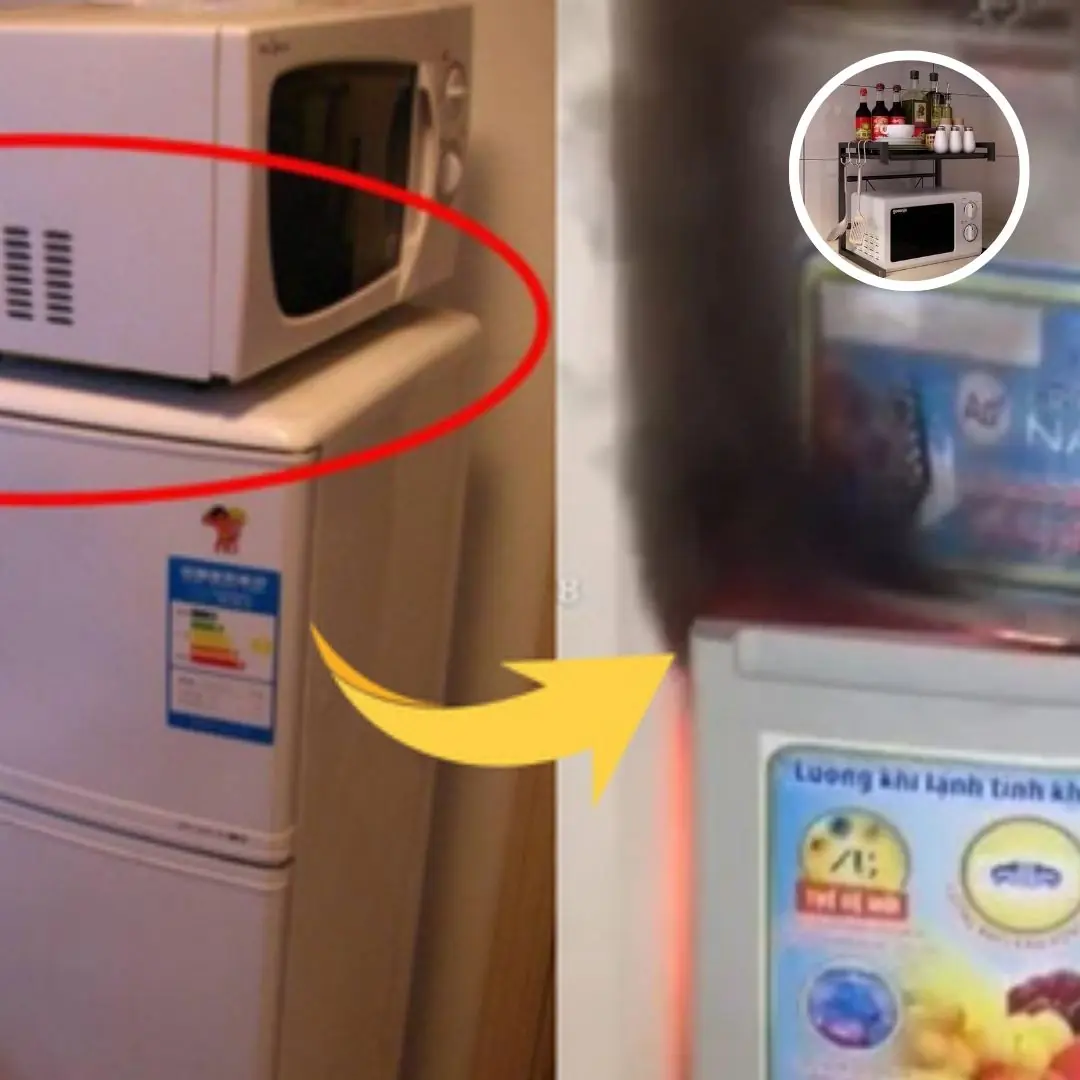
Never place your microwave in this spot if your kitchen is small — it’s bad for you and bad for the machine!

I Mailed Wedding Invites Featuring Our Engagement Photo to My Three Best Friends — Then, One by One, They All Dropped Out
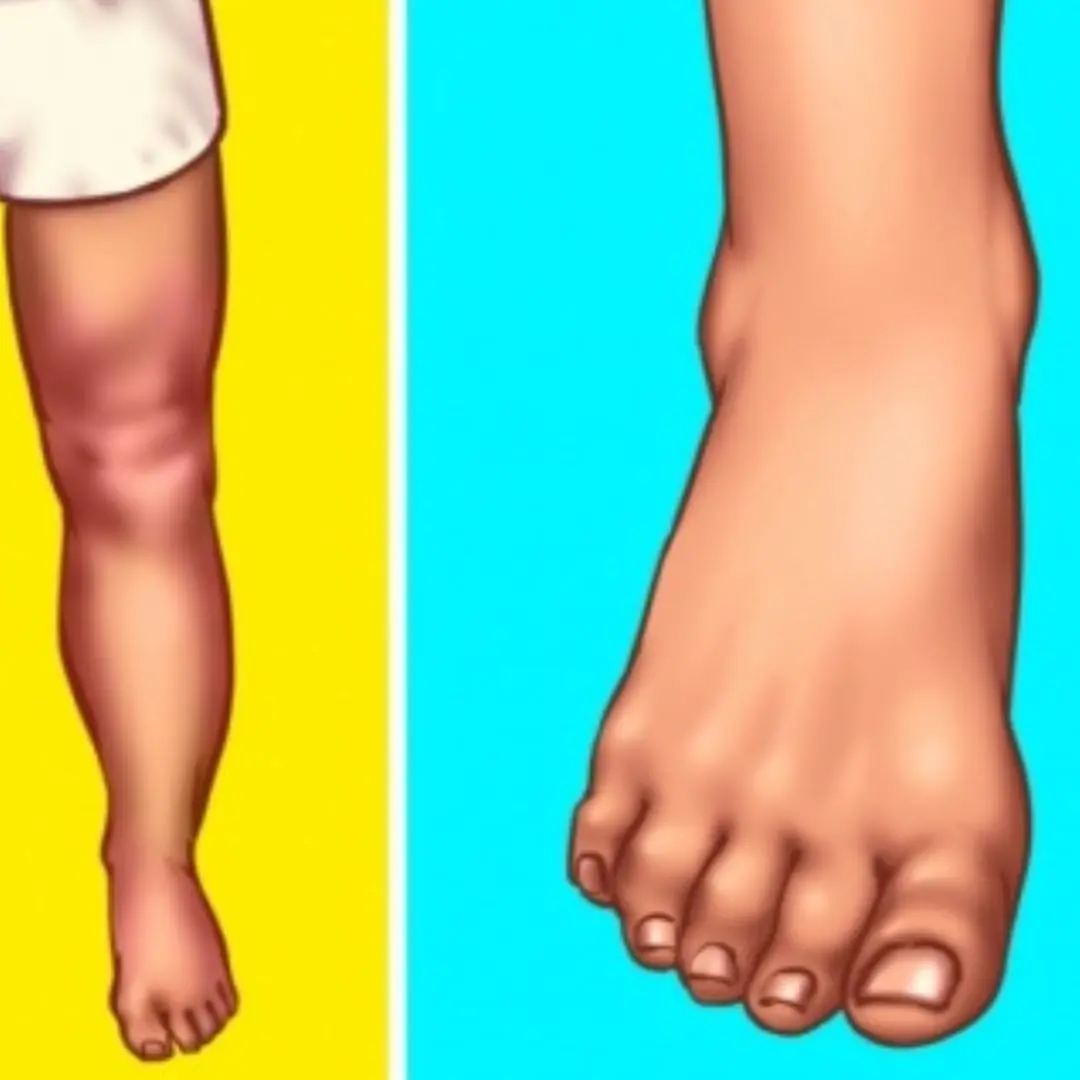
Pay attention to these eight major causes of swelling that can occur throughout the body

Why is hotel check - out always at 12 o'clock? Not for cleaning, the reason surprises many people
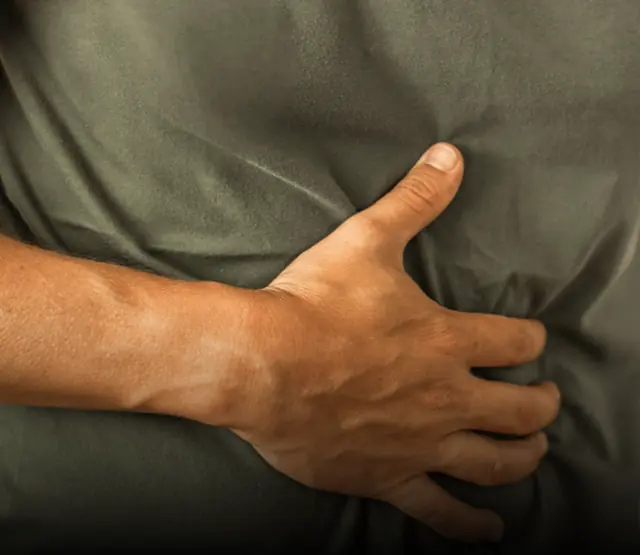
Experts reveal 5 can.cer symptoms that are easy to ignore

His Female Best Friend Claimed My Baby Shower as Her Event — I Reminded Her of Her Place in Our Lives
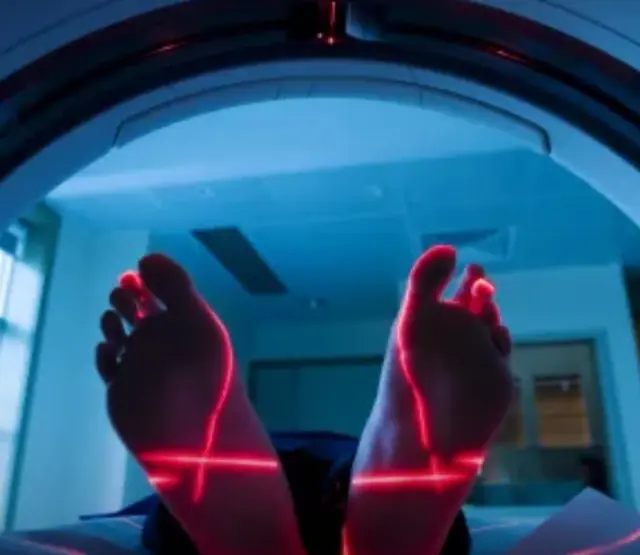
Scientists discover the maximum age a human can live to

My MIL Took Over Our Home and Wouldn’t Let Me Rest — I Reached My Limit and Taught Her a Hard Lesson
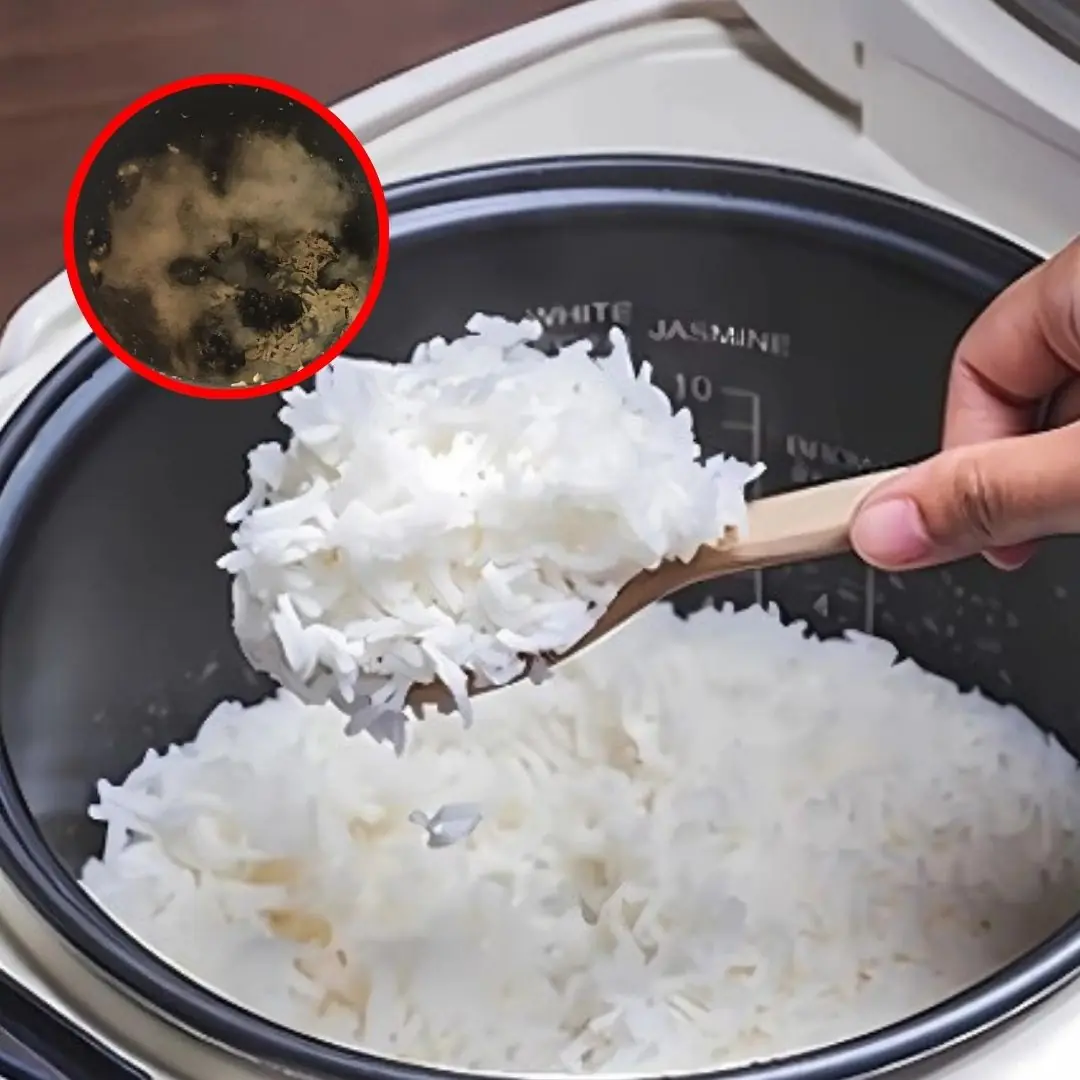
Can rice left in a rice cooker overnight still be eaten: Today I was star.tled when I found out the answer
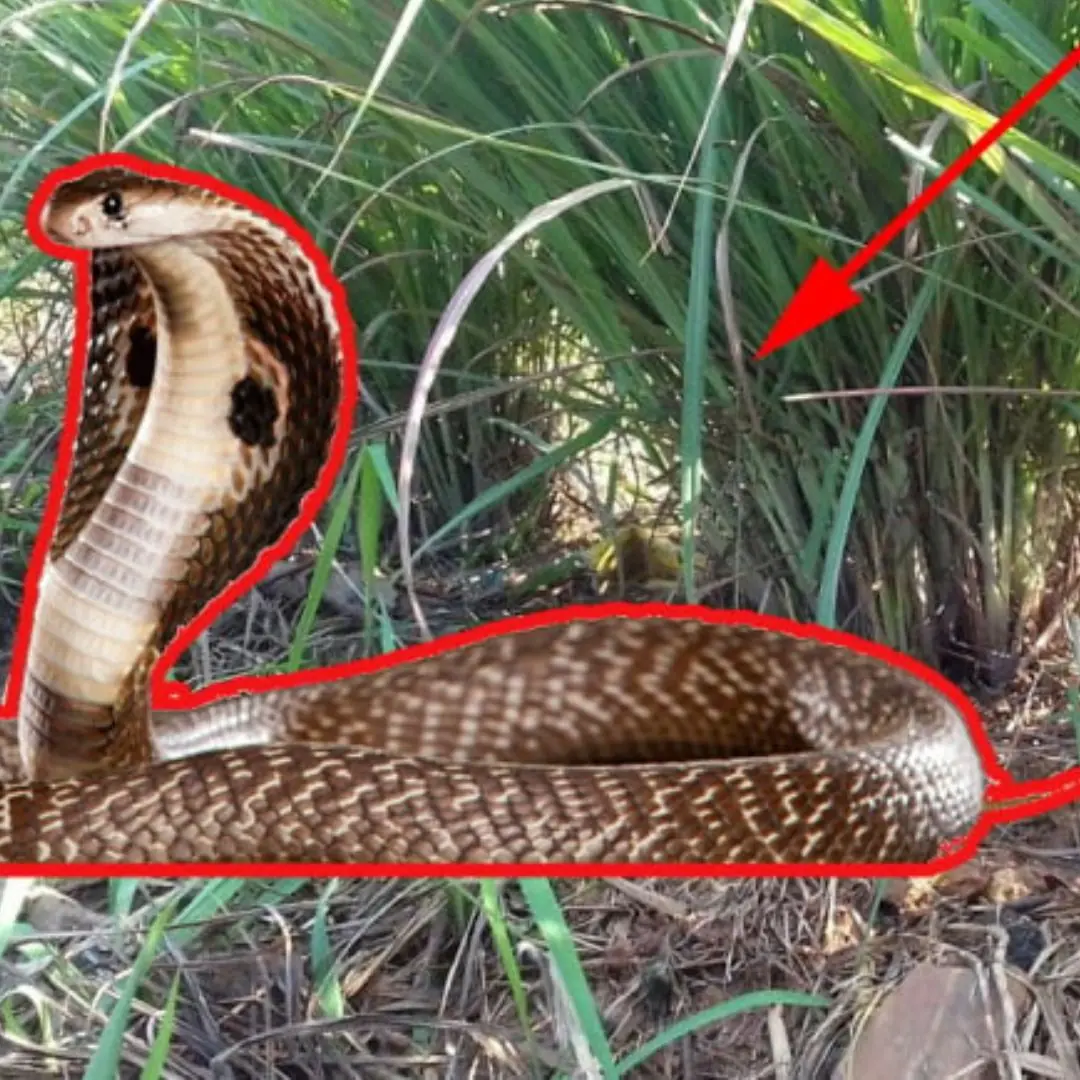
Plant these 8 snake-repelling species around your house, and they’ll stay far away the moment they spot them
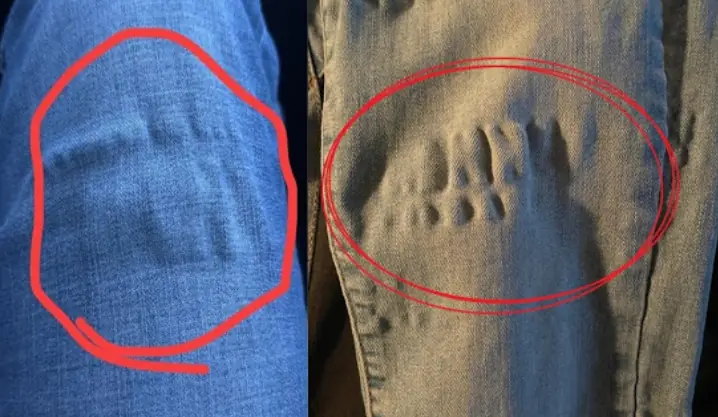
Why Do Jeans Get Weird Ripples After Washing?
